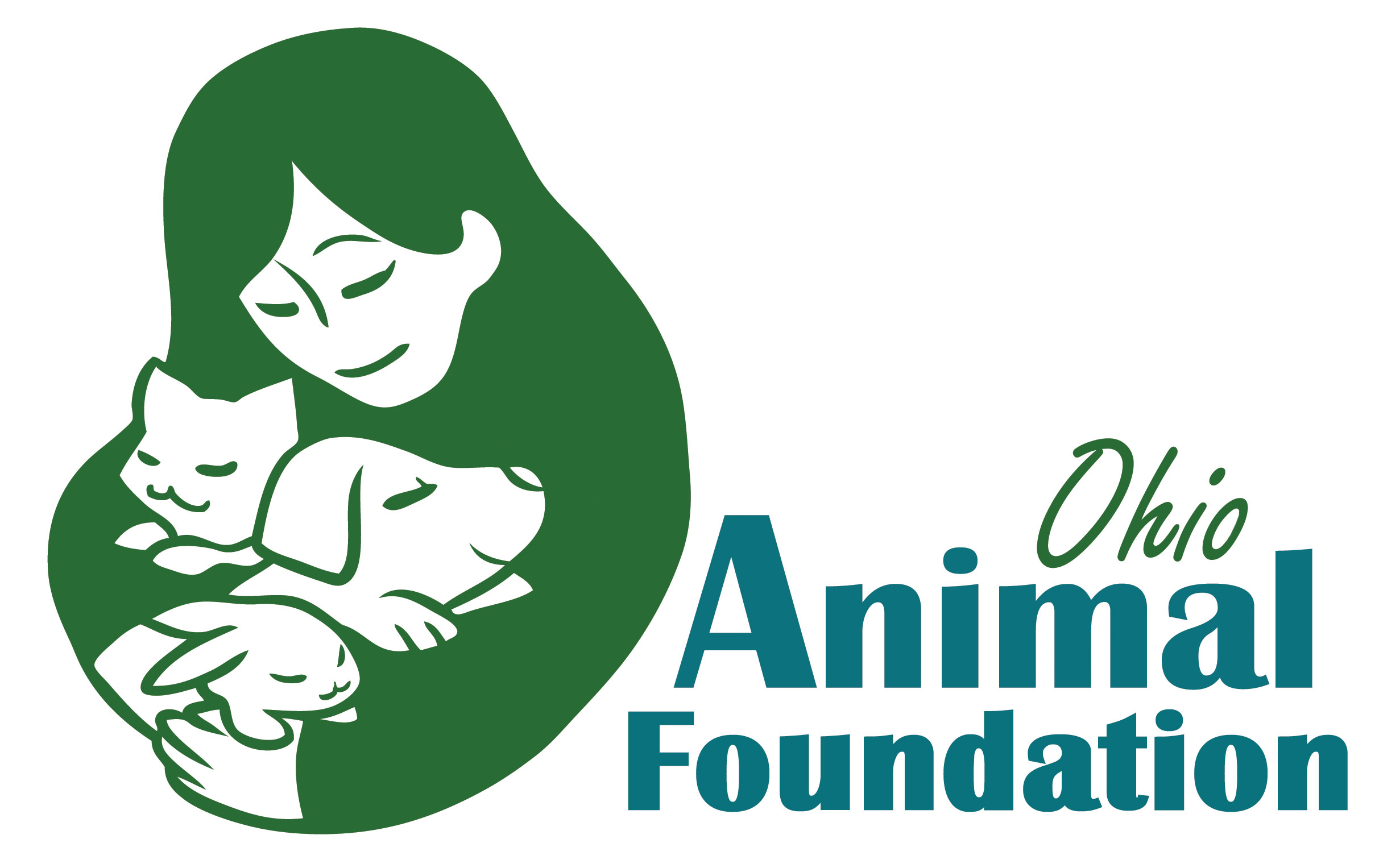 Summer is in full swing, which means long, sunny days and cool, firefly-filled evenings. This time of year, however, it’s important to remember as fun as the Fourth of July can be, your pets may not enjoy it as much. The boom of fireworks will start to fill the air and for pets and people alike, that can spell trouble. Here are some tips to avoid the stress and help keep your fur-baby relaxed and at ease during those summer evenings.
Summer is in full swing, which means long, sunny days and cool, firefly-filled evenings. This time of year, however, it’s important to remember as fun as the Fourth of July can be, your pets may not enjoy it as much. The boom of fireworks will start to fill the air and for pets and people alike, that can spell trouble. Here are some tips to avoid the stress and help keep your fur-baby relaxed and at ease during those summer evenings.
While you can’t always control exactly when and where fireworks will be going off, you can still help to minimize anxiety. Learning to recognize the symptoms and signs of excessive stress in your pet will help you know exactly what steps to take!
In dogs, here are some common behavioral displays of stress to pay attention to:
- Excessive panting and drooling.
- Whining and barking.
- Hiding behind furniture or large objects.
- Shaking and trembling.
- Clinginess and demanding attention more than usual.
- Diarrhea and vomiting.
In cats, common behavioral symptoms of stress can include:
- Vocalizing significantly more or less than usual.
- Hiding.
- Flattened ears and dilated pupils.
- Long periods of time without eating.
- Diarrhea and vomiting.
And just because you can’t see a symptom, doesn’t mean it doesn’t exist.
Dr. Adam Ballard, DVM, a veterinarian at Liberty Veterinary Hospital in Liberty Township, Ohio, says that cat owners may not be as aware of these conditions since cats are often much better at hiding their ailments than dogs.
Ballard also says that these symptoms may not always be caused by fireworks alone. This time of year, thunderstorms, combined with an increase in fireworks are also a major contributor to pet stress and anxiety.
“We’re talking about fear, anxiety and pain,” Dr. Ballard said. “The fear comes from the unknown. The pain can come from pressure changes in the environment, induced by not only thunderstorms, but by the boom from fireworks. Anxiety comes from phobias that may be present and also from the reactivity of [the pet] owners.”
Keeping this in mind, it’s also necessary to know your pet. Symptoms like diarrhea and vomiting are not exclusive to stress and could mean something else entirely.
Fortunately, there are an abundance of remedies, medications and treatments effective for combating anxiety.
In dogs, Adaptil collars are a safe and effective method to help relieve stress. The collars release purified pheromones which are secreted by female dogs as they nurse their puppies. It is generally recommended to use them in conjunction with other methods, like a Thunderjacket, a harness-like garment that hugs dogs and can relieve stress – similar to swaddling an infant child.
“It’s like having a surrogate mom around your neck,” Ballard said. “It’s safe and it’s effective. Is it going to fix the whole problem? No. But layering [methods], as we find in human medicine, tends to work the best.”
With cats, methods vary slightly and may seem at face value a little unorthodox. Not to worry, though – they’re perfectly safe!
“With cats, getting them stoned is very, very helpful,” Ballard said. “Get them some catnip, let them be distracted and keep them away from windows. Cats are light reactive, so close the curtains if needed.”
Ballard also stresses that products like Adaptil and catnip should be used hours to days before fireworks begin. Thunderjackets should be used days to weeks beforehand. Waiting to start these remedies during periods of intense noise will have little to no effect, since pets will already be amped on adrenaline.
Vet-prescribed medications that act as tranquilizers, such as acepromazine, or PromAce, are not recommended for use in these scenarios. Since they act as sedatives, it can actually lower otherwise heightened inhibitors for animals, such as their bite reflex. Additionally, while your pet may appear calm on the outside, their mind is still racing a mile a minute. Acepromezine only sedates their motor functions.
 Ballard also specifically mentions that prescription medications such as trazodone and Sileo are also effective in reducing anxiety. Pet parents can ask their vet about whether these medications could be helpful for their pets.
Ballard also specifically mentions that prescription medications such as trazodone and Sileo are also effective in reducing anxiety. Pet parents can ask their vet about whether these medications could be helpful for their pets.
In years where the Fourth of July falls midweek, Ballard emphasizes the importance of starting these medications about two weeks after the holiday, as fireworks shows tend to fall both before and after the Fourth.
“I would say on average, up to five to seven pets a week, starting two weeks before and ending two weeks after the holiday come in[to the office] with some manifestation of anxiety,” Ballard said. “We invariably have one or two pets that run away and don’t come back for weeks, if at all.”
Ballard also adds, in the case of indoor/outdoor cats, they should be kept in a safe space for two weeks leading up to the holiday and two weeks following. Unfortunately, there are some cases this time of year where unruly individuals have been investigated for animal cruelty involving fireworks.
The team at Liberty Vet takes every precaution for their animals, including a litter of four kittens they have available for adoption! The hospital’s General Manager, Nick Brehm, added they take extra care, including blocking out windows and using items like catnip and Thunderjackets to ensure their resident patients feel safe, secure and comfortable.
You should know your pets’ health history (to the best of your ability) and find the remedy that works best for your companion. It is always recommended that you reach out to your local veterinarian or vet technician with any concerns about your fur-baby.
While the topic might sound serious, don’t fret! The Fourth of July is supposed to be a holiday where everyone can enjoy time with their loved ones. Don’t forget to make sure your four-legged-friends can enjoy the fun, too!
– A.J. Renneker

John, Paul, and George, all adoptable kittens at Liberty Vet Hospital in Liberty Township, Ohio. Photo credit | A.J. Renneker
